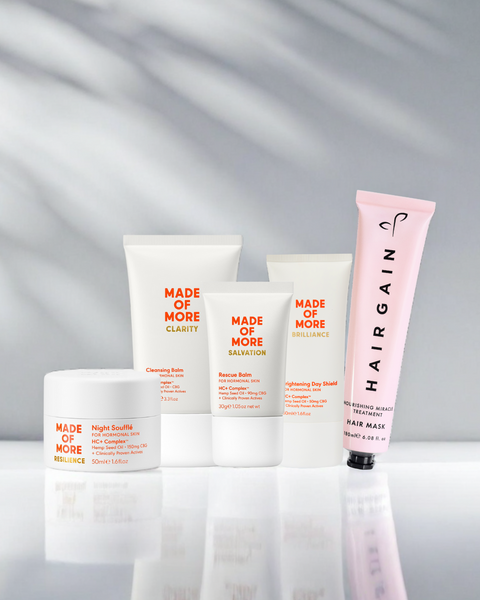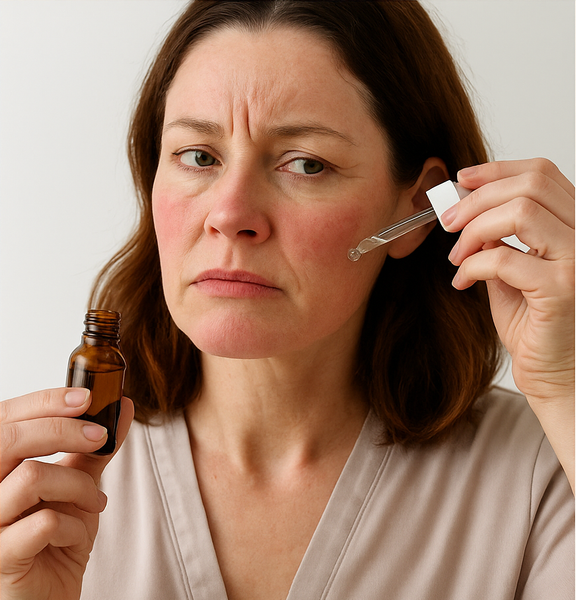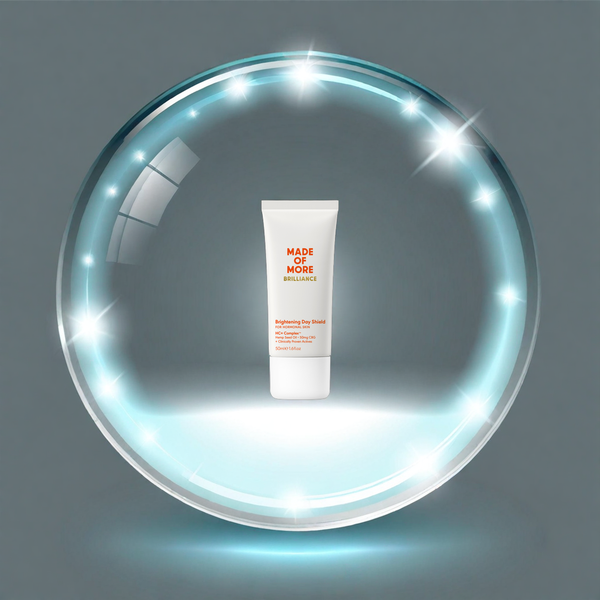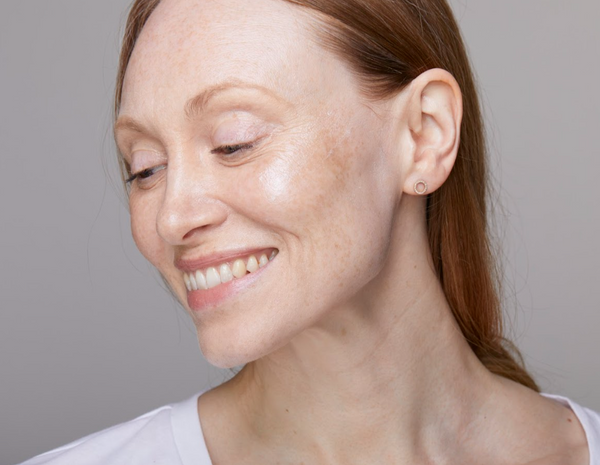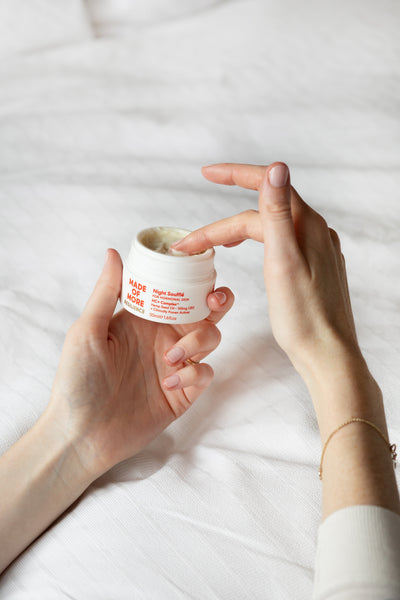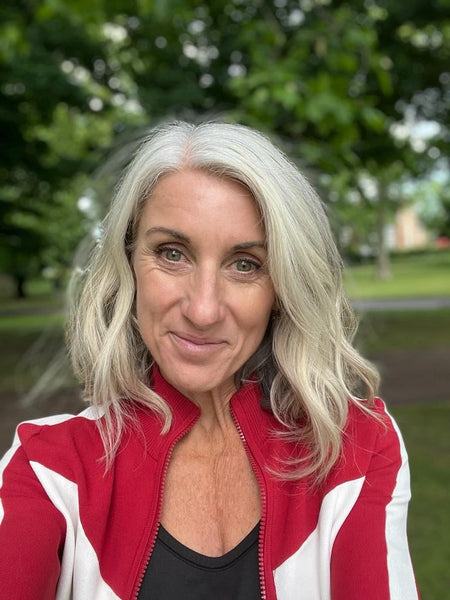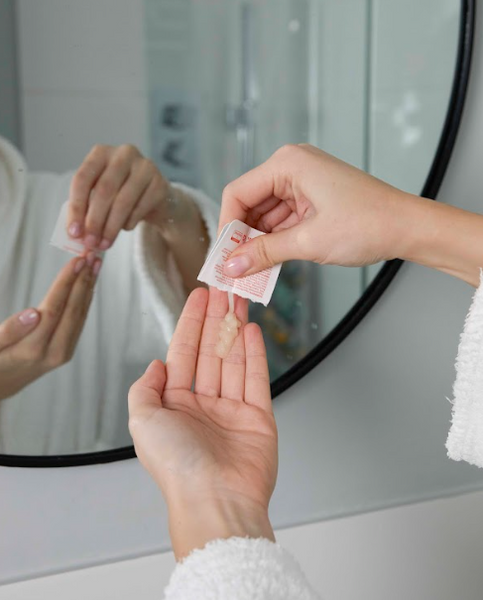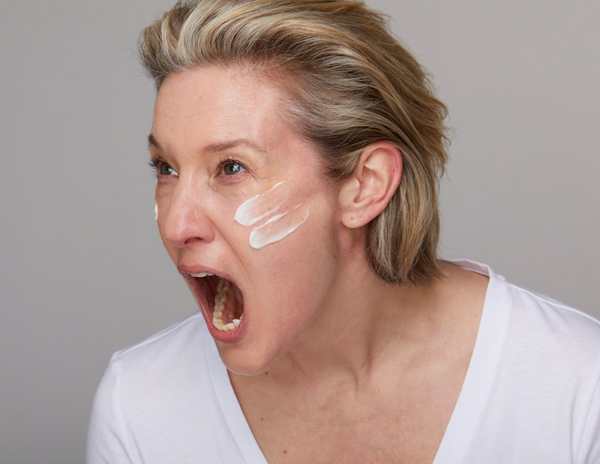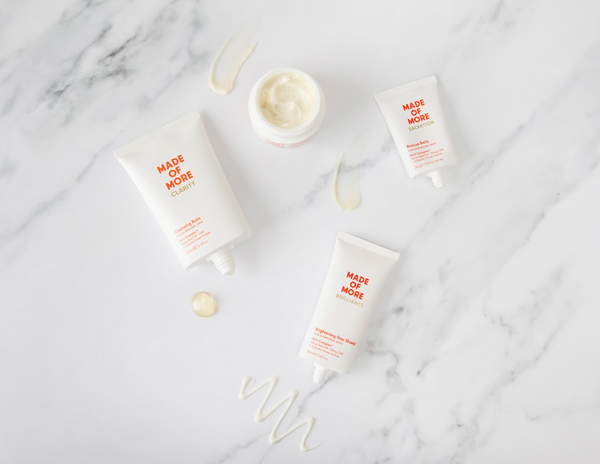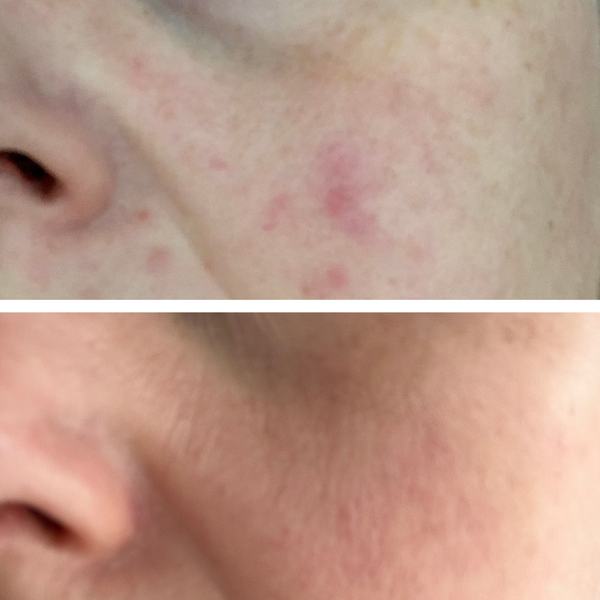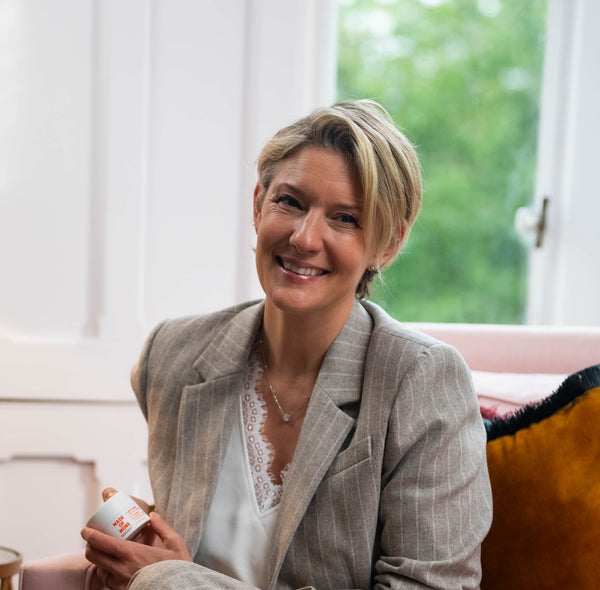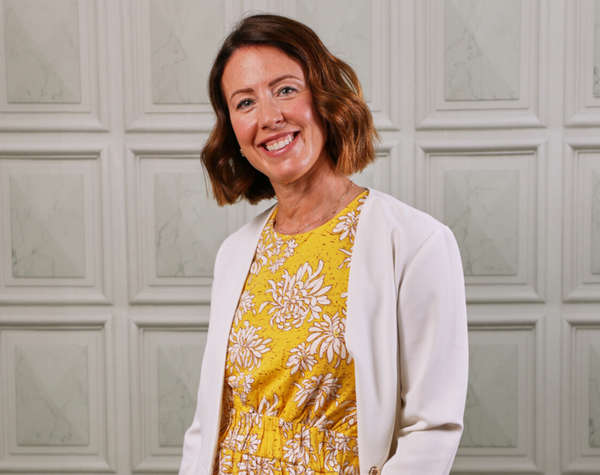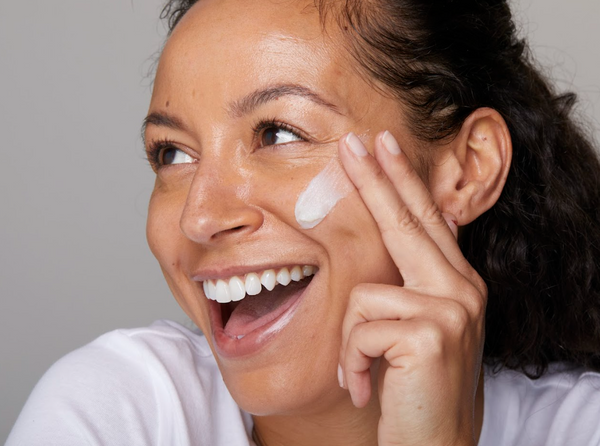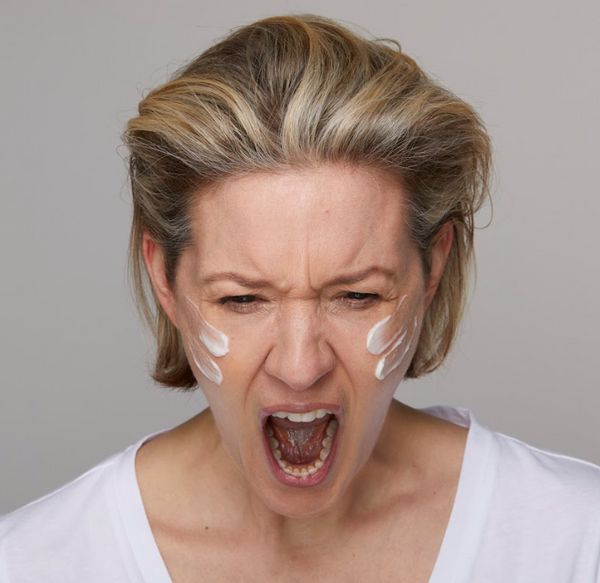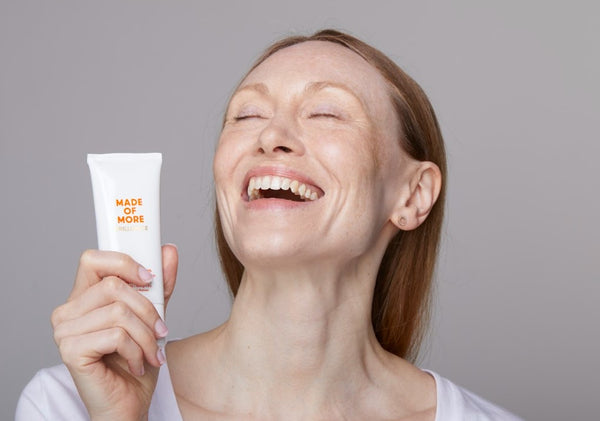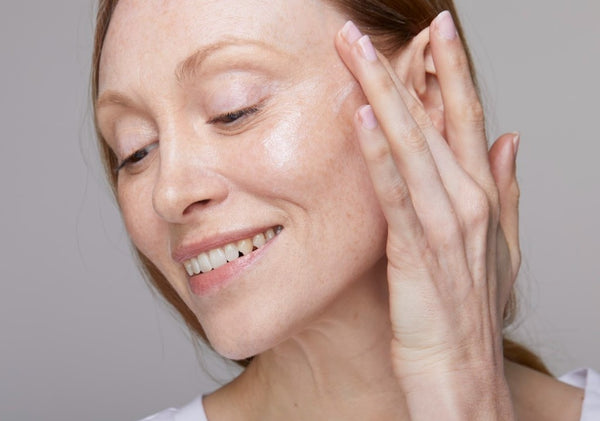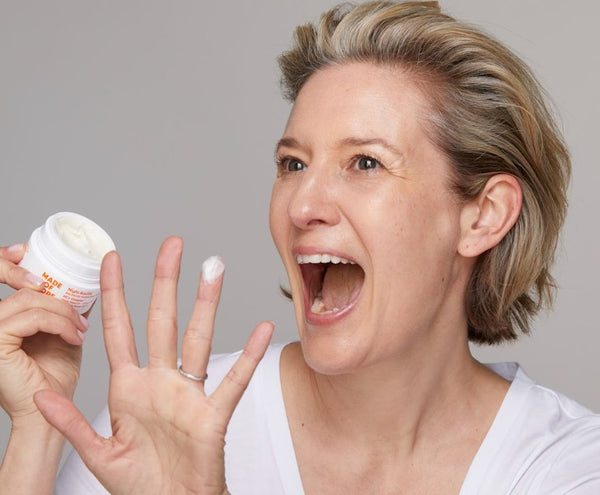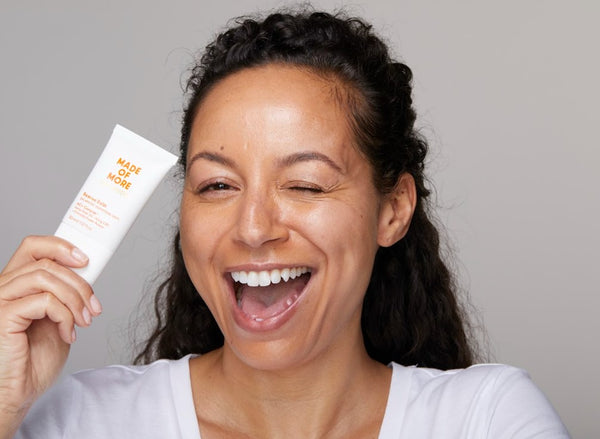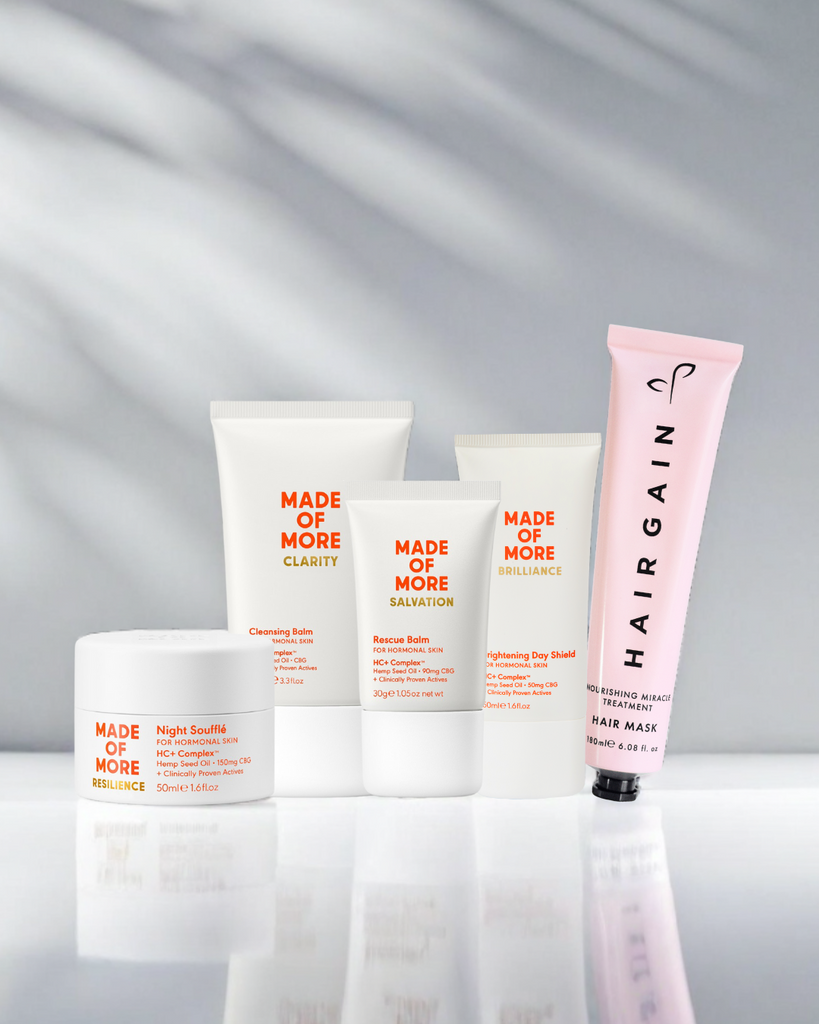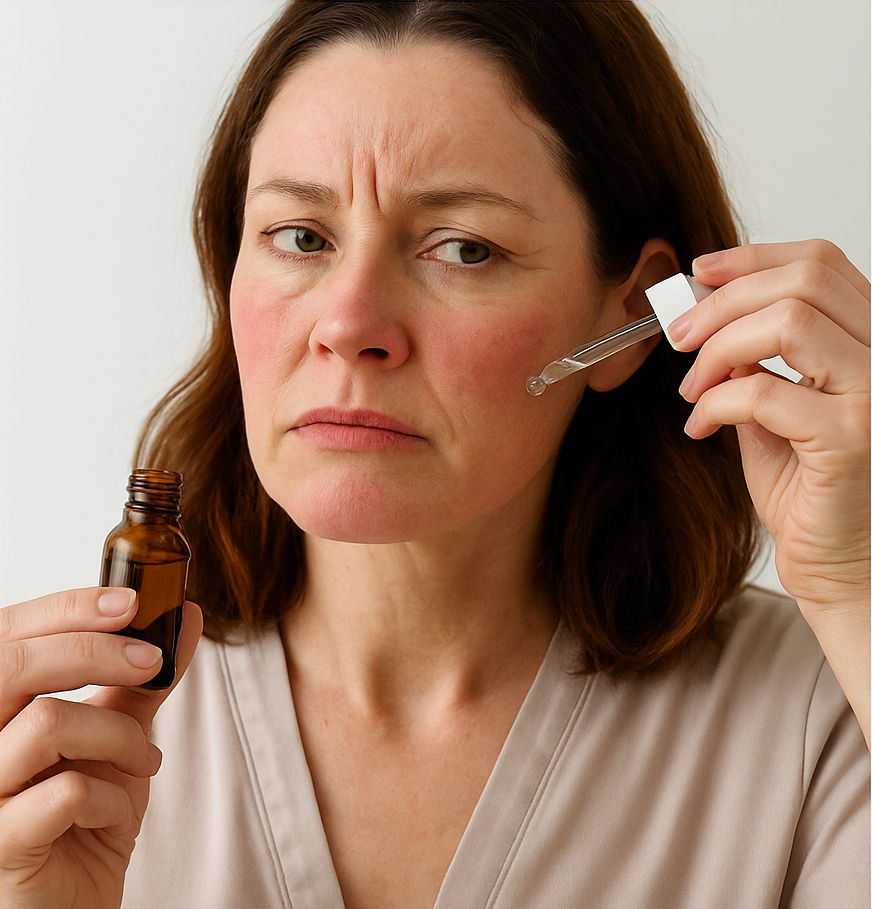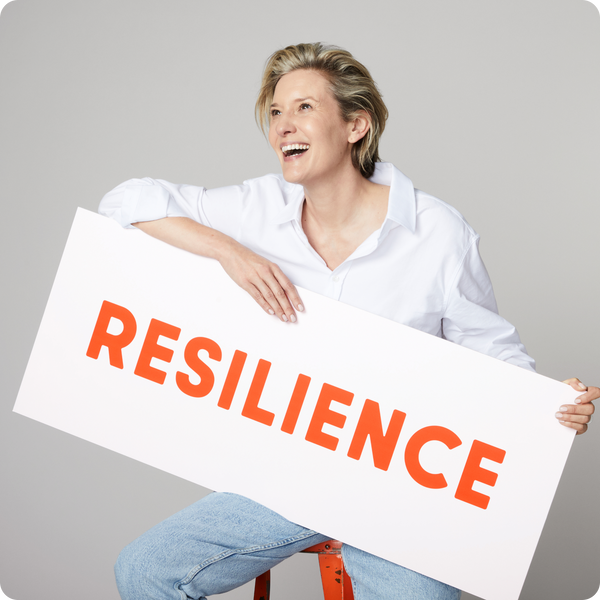Let’s look at the link between hormones and sexual desire
Our hormones play a key role in many aspects of our health, including sleep and sexual
function. When these hormones are out of sync, it can affect our sexual desire and overall well-being. A drop in libido can have an emotional impact, making it crucial to understand how hormonal imbalances affect us and find ways to restore intimacy and enjoyment.
Sexual desire is closely linked to the balance of hormones like estrogen and progesterone, which directly influence libido. While testosterone is typically associated with men, it’s also an important hormone for women’s sexual drive.
When looking at the signs of hormonal imbalances in sexual wellbeing, we can use
the following as a general indicator.
1. Decreased Libido: A reduced interest in sexual activity is often one of the first signs
that your hormones may be out of balance. This can show up as less arousal, a lack
of enthusiasm for intimacy, and a general decline in sexual desire.
2. Difficulty Reaching Orgasm: Hormonal imbalances can also lead to challenges in
achieving orgasm, in addition to issues with arousal.
3. Vulval & Vaginal Dryness: During a time of hormonal imbalance, typically through perimenopause & menopause, the vulvar & vaginal tissues become thinner, drier, and less elastic due to declining estrogen levels. This can often cause friction and discomfort in both foreplay and penetrative sex.
What are the studies showing us?
We can see thanks to the below studies, the correlation between declining hormones and a loss in libido:
The British Menopause Society (BMS) reports that:
1. Approximately 60-80% of women experience some form of sexual dysfunction,
including low libido, during perimenopause and menopause (usually between the
ages of 45-55).
2. Around 1 in 3 women in the UK aged 45-60 report experiencing a decline in sexual
desire. This often increases after menopause due to hormonal fluctuations, particularly a decrease in estrogen and testosterone levels.
3. Studies also suggest that around 40% of women in the UK experience reduced libido due to a combination of factors like stress, emotional well-being, and physical
changes during midlife.
Some Key Studies on Sexual Dysfunction include:
1. The Women’s Health Initiative (WHI) Study: The WHI, a large, multi-year study, has provided significant insights into how hormonal changes during menopause and post-
menopause affect sexual health. It found that sexual dysfunction increases as women age, particularly due to hormonal shifts such as a decrease in estrogen and testosterone. Many women in the study reported a decline in libido, as well as other sexual concerns like vaginal dryness and pain during intercourse.
2. The European Menopause and Andropause Society (EMAS): EMAS has published research on female sexual dysfunction during the menopause transition, showing that between 40-60% of women report some form of sexual dysfunction, especially around the time of menopause. This can be linked to reduced libido, vaginal dryness, and a decrease in overall sexual satisfaction.
3. National Health and Social Life Survey (NHSLS): This large-scale survey, although based in the United States, provides useful data on sexual dysfunction in women and reports that sexual dysfunction, including low libido, affects a significant portion of women, especially in their 40s and 50s. The survey found that nearly 40% of women between ages 40-59 experienced low sexual desire.
4. The British Menopause Society Studies: The BMS has published a range of reports highlighting the prevalence of sexual dysfunction in women experiencing menopause. These studies have suggested that over 60% of women report some form of sexual difficulty, and many of these issues are linked to hormonal imbalances, emotional health, and life transitions.
Knowledge is Power
Please never feel alone – there is always help to be sought. Should you have any difficulties in finding the right support, please do email us at hello@madeofmore.co.uk where Dr Dhesi, our Clinical Lead will advise on where to seek the best advice.
By addressing these issues, you can regain control over your sexual well-being, awaken
your joie de vivre and feel like yourself again. Knowledge is truly power.




